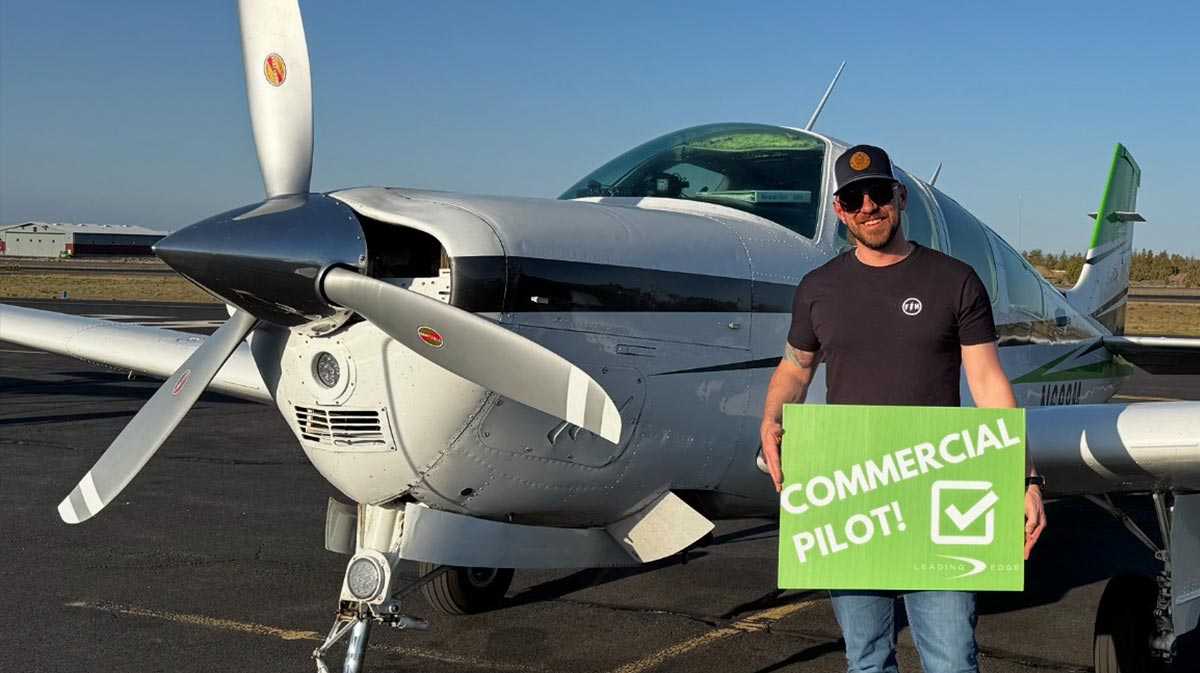
How to Succeed in Commercial Pilot Ground School
Starting commercial pilot ground school is a defining moment in every aspiring aviator’s journey. This stage builds the foundation for advanced flight training by covering complex regulations, navigation systems, meteorology, and aerodynamics. For many students, it can feel like an overwhelming volume of material. With the right approach, though, ground school becomes a manageable and rewarding step toward earning a commercial pilot license. Success in this phase requires preparation and a strong commitment to learning.
The Role of Commercial Pilot Ground School
Ground school equips students with the technical knowledge needed to fly safely and professionally. It goes beyond memorizing facts by connecting concepts directly to flight operations. Subjects like aircraft performance, weight and balance, and airspace rules all carry practical significance in day-to-day flying. When students approach the material as part of their future responsibilities rather than abstract theory, they not only retain information more effectively but also strengthen their ability to apply it in the cockpit.
Build a Study Routine That Works
Success in ground school often comes down to disciplined study habits. Creating a daily routine for reviewing notes, practicing test questions, and reading assigned materials keeps the workload manageable. Consistency matters more than intensity. Studying in short, focused sessions helps students absorb information while preventing burnout. Many pilots recommend breaking down subjects into small sections and reviewing them regularly to reinforce retention. This steady approach leads to greater confidence when the FAA written exam approaches.
Active Engagement with Instructors
Ground school offers access to experienced instructors who understand both the curriculum and the demands of a professional flying career. Asking questions, participating in discussions, and clarifying difficult topics are crucial parts of the learning process. Instructors provide valuable insights that connect theory to practice, offering examples based on real-world flight scenarios. Students who actively engage not only perform better on exams but also develop the professional mindset required for aviation careers.
Applying Knowledge to Flight Training
Commercial pilot ground school works best when students connect classroom lessons to their time in the aircraft. Concepts like aerodynamics and weather theory make more sense when students observe them during flight. This connection reinforces understanding and highlights the importance of academic preparation. Taking the time to review flight experiences alongside ground school material also creates stronger recall and gives students the confidence to handle complex situations.
Preparing for the FAA Written Exam
The FAA written exam serves as a milestone in a pilot’s education. Preparing effectively involves practicing with sample questions and building test-taking strategies. Simulated exams under timed conditions help students get comfortable with the pace and structure of the test. The key is not only passing the exam but also developing lasting knowledge that will support safe and effective flying well into a professional career.
Long-Term Benefits of Ground School Success
Excelling in ground school pays dividends throughout training and beyond. A strong grasp of regulations, flight theory, and navigation reduces stress during check rides and builds credibility in the professional aviation environment. Employers value pilots who can combine technical knowledge with practical flying ability. By taking commercial pilot ground school seriously, LEFA students position themselves for success in advanced ratings, career opportunities, and safe operations throughout their careers.


